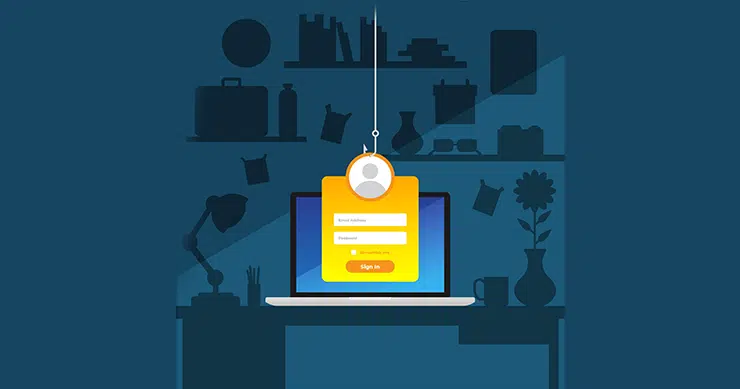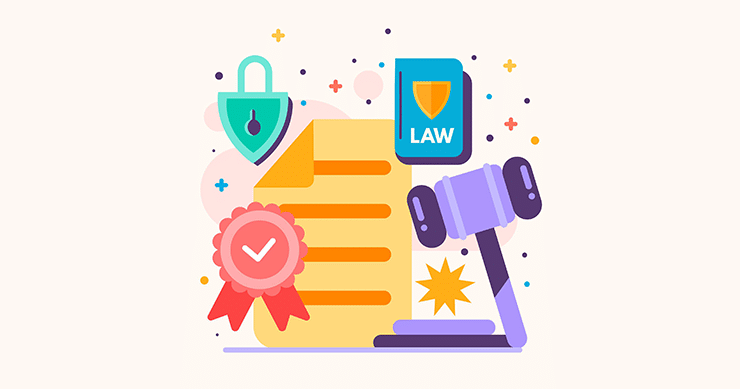Since its release, there has been an explosion of interest in Chat GPT in the media and on social networks. This model is used in many applications all over the web and has stunned experts with its ability to generate credible context and well-written code, as well as aid the code development process.

The incredible power hidden in this outwardly simple tool makes it easy to overlook the jolting risks and changes it will likely bring to the digital world.
For example, the ease of code generation can help unskilled script kiddies effortlessly launch significant cyber-attacks.
Another keen ability of the chatbot is its mastery in inspecting a long-winding piece of code and telling you what the code does.
It can even find vulnerabilities in an application and generate ways to exploit them.
Both the good guys and bad guys will be using this tool, and Open AI is investing tremendous effort into stopping the platform from being abused. But we all know it is impossible to put a full stop to the exploitation of this tool for malicious purposes.
Sergey Shykevich, Check Point threat intelligence researcher, said that criminal use of Chat GPT will ultimately, albeit “unfortunately” need to be enforced by governing bodies. He also expects that OpenAI may eventually be legally compelled to train their AI bot to detect criminal abuse.
On a similar note, China just passed legislation its first-of-its-kind regulation on “deepfakes,” shoring up control over internet content and trying to reign in on fabricated media that appears real, but is really fake.
Paul Triolo, the technology policy lead at consulting firm Albright Stonebridge, explained:
“The new Chinese law “illustrates that Chinese authorities are attempting to tackle tough online content issues in ways few other countries are doing, seeking to get ahead of the curve as new technologies such as AI-generated content start to proliferate online.”
China is able to institute these rules because it already has tough systems in place to control the transmission of content in online spaces, but the Western World will have a harder time grappling with issues like freedom of speech and human rights.
We’d love to hear your thoughts!





